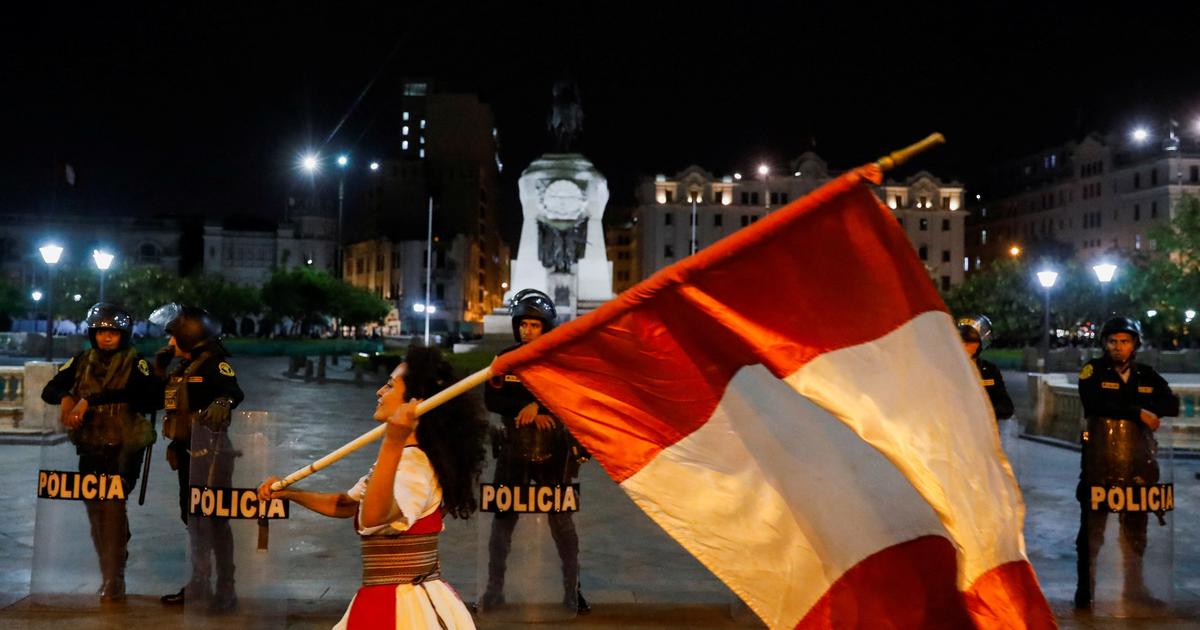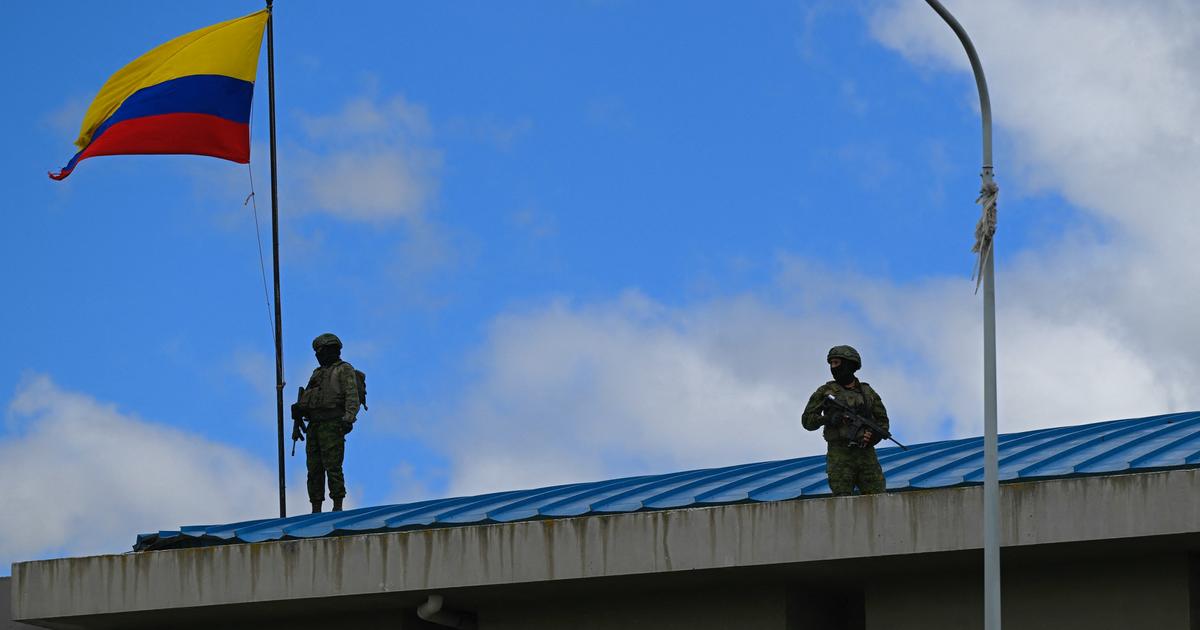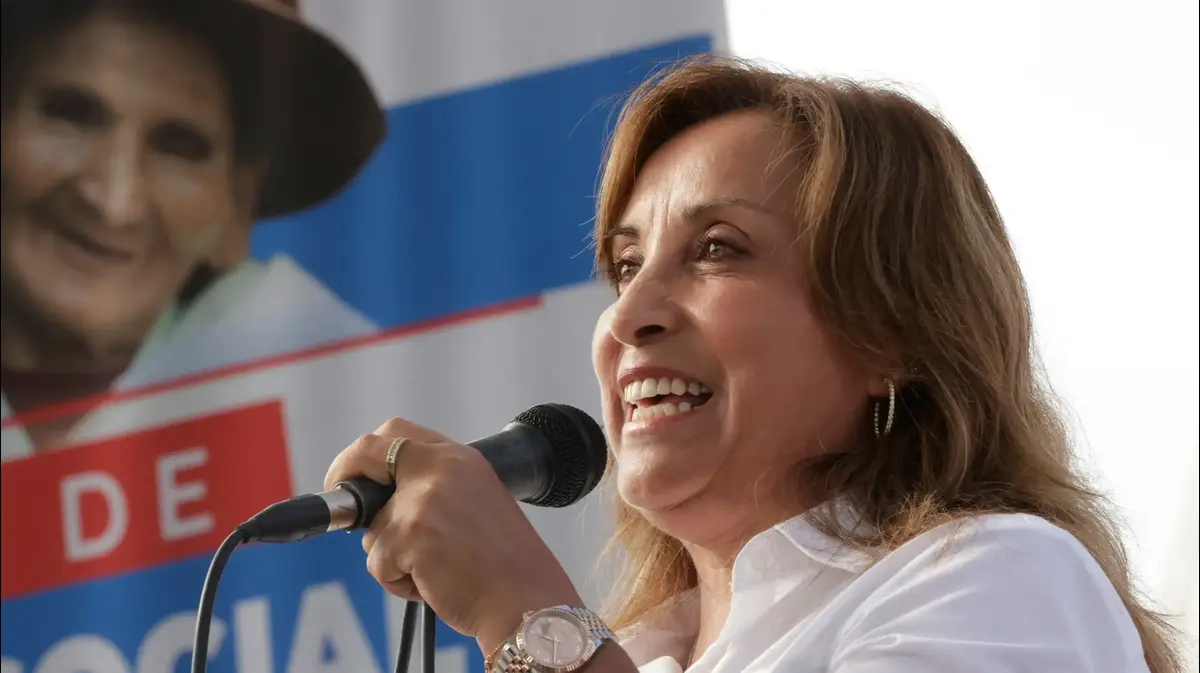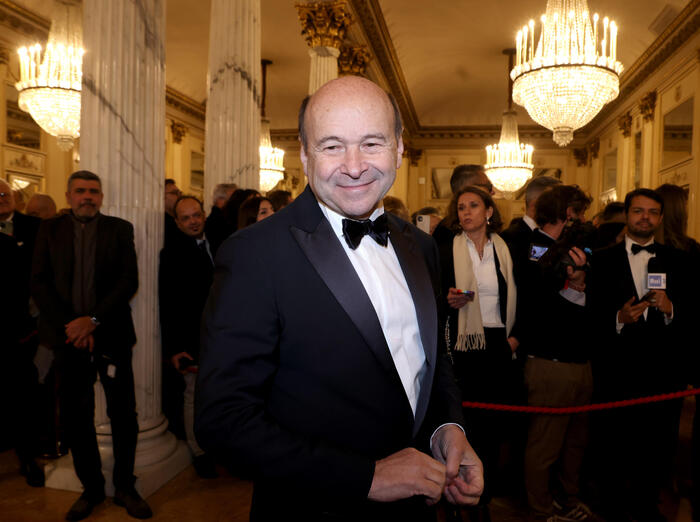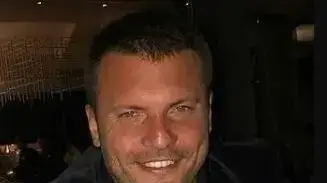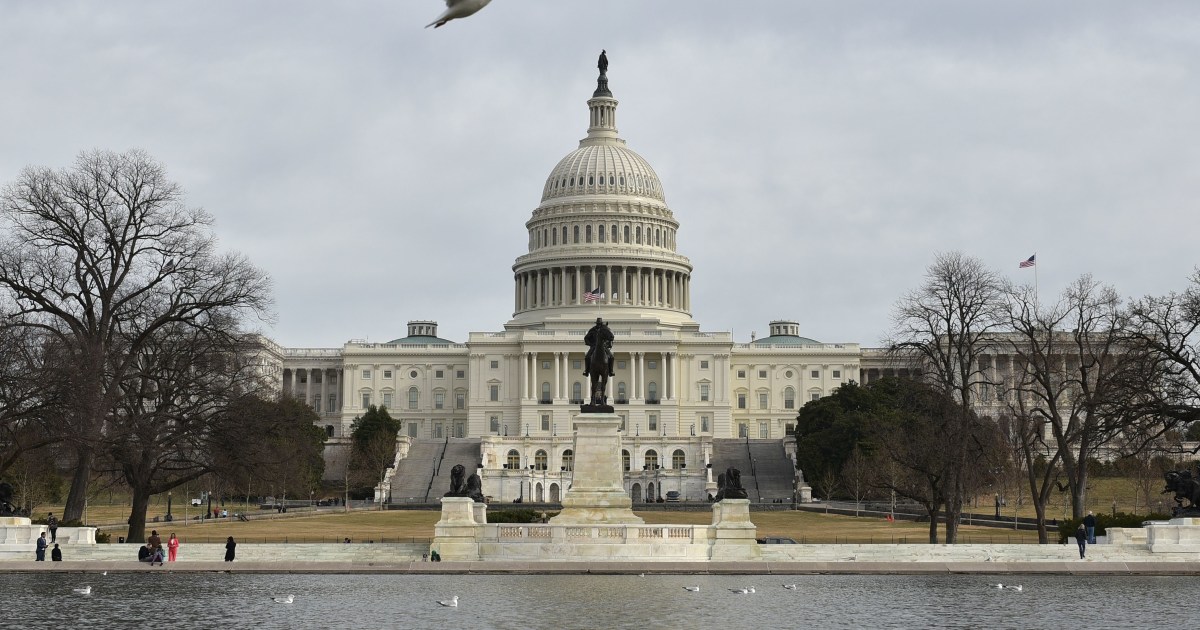The state of emergency was extended on Saturday in several regions of Peru, plagued by a protest movement against President Dina Boluarte.
This measure, decreed on Saturday and in force for 30 days, authorizes the army to intervene to maintain order and leads to the suspension of several constitutional rights such as freedom of movement and assembly and the inviolability of the home.
Clashes between police and demonstrators have killed at least 42 people in five weeks.
In addition to Lima, the departments of Cusco and Puno (south) are notably subject to a state of emergency, as is the port of Callao, next to the capital.
A state of emergency was declared in mid-December throughout Peru, for 30 days.
Read alsoFormer president in prison, demonstrations, genocide investigation …: why is Peru on fire?
Sunday, car traffic remained blocked on a hundred sections of roads in 10 of the 25 regions of Peru, especially in the south, the epicenter of the dispute.
Among these regions are Puno, Arequipa and Cuzco, said the authority in charge of land transport, adding that there had never been so many roadblocks during the current crisis.
In Arequipa, dozens of people blocked the Panamericana Sur highway which serves the Tacna region, on the border with Chile.
The authorities, however, reopened on Saturday the international airport of Cuzco, of vital importance for the Peruvian tourist sector, after having closed it on Thursday.
However, the train to Machu Picchu, the only way to access the famous Inca site, was still suspended.
Local unions say the tourism sector is losing up to seven million soles (about 1.7 million euros) a day due to the crisis.
The protests erupted after the dismissal and arrest on December 7 of socialist President Pedro Castillo, accused of having tried to carry out a coup d'etat by wanting to dissolve the Parliament which was preparing to oust him from power.
Dina Boluarte, who was Castillo's vice-president, succeeded him in accordance with the Constitution.
She comes from the same left-wing party as him.
But the demonstrators, who see her as a "
traitor
", demand her departure as well as immediate elections.
For the moment, Boluarte refuses to resign.
Mass for the dead
The Inter-American Commission on Human Rights (IACHR), which completed an inspection mission in Peru on Friday, called for an impartial investigation into the crackdown on the protests, saying there were signs pointing to "
excessive use of force
" .
.
Some 500 people attended a mass in Spanish and Quechua on Sunday in the cathedral in central Lima in memory of the killed protesters but also of the police officer who was burned alive in the town of Juliaca, on the Bolivian border.
The Archbishop of Lima, Carlos Castillo Mattosoglio, notably launched: “
The spilled blood does not cry out for revenge.
All the dead are ours.
May the terrible cruelties that have been committed disappear from our horizon
”.
He called for "
peace
", "
brotherhood
" and an end to the "
spiral of violence
".
The Archbishop of Lima, Carlos Castillo Mattosoglio.
ERNESTO BENAVIDES / AFP
The violence is concentrated in the southern Andes, where the Quechuas and Aymaras live.
The CDIH advocates better integration of these communities into Peruvian society to end the unrest.
The victims “
died because they demanded equality.
There is too much corruption.
The 'big' do what they want and ignore the poor
,” said Benito Soto Escobar, glazier from Huancavelica (South) on the cathedral square.
“
The struggle continues.
We want elections and the departure
” of President Dina Boluarte.
Deputy Minister of Territorial Governance, Jose Muro, told TV Peru on Sunday that the government would establish “
spaces for dialogue
” throughout the territory to discuss various social demands.
Take “
control
” of Lima
Massive protests are set for Monday in the marginalized regions of the southern Andes and in Lima, where groups of protesters began arriving on Saturday evening to take "
control of the city
".
“
We made the decision to go to Lima
” from Monday, announced Julio Vilca, a leader of the protest from the province of Ilave (South).
The government blames the unrest on "
professional agitators funded by illegal money
".
Police have announced the arrest of a trade union leader from the Ayacucho region, Rocio Leandro, accused of financing the protests.
According to a police spokesman, General Oscar Arriola, Ms Leandro belonged, under the nom de guerre of "
Comrade Cusi
", to the defunct Maoist armed group Shining Path.

